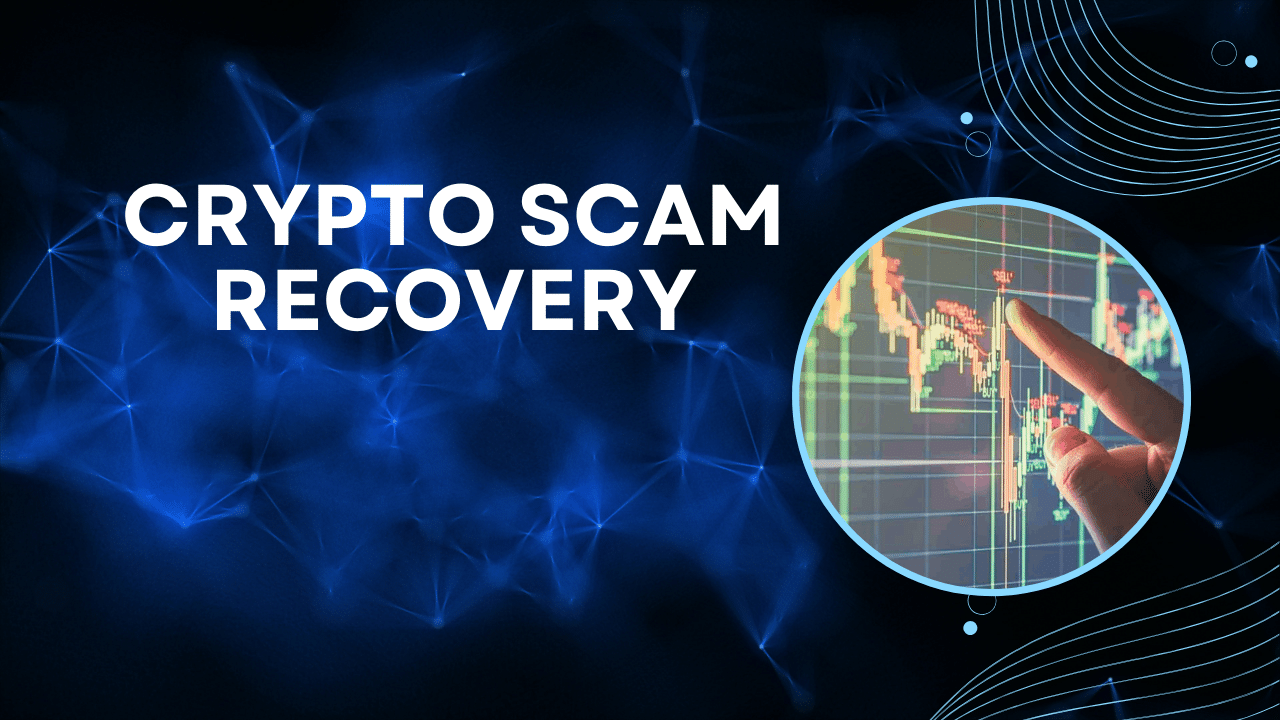In the world of digital finance, cryptocurrency has revolutionized how we transact and invest. However, this innovation has also created opportunities for scammers to prey on unsuspecting individuals. Among these scams, fake cryptocurrency recovery services are becoming increasingly common. This article will explore what these scams entail, how to identify them, and essential measures to protect yourself from falling victim.
What Are Fake Cryptocurrency Recovery Services?
Fake cryptocurrency recovery services are fraudulent schemes where scammers pose as experts who can recover lost or stolen cryptocurrency. They typically target individuals who have already suffered a loss, such as falling victim to a phishing attack or losing access to a wallet due to forgotten credentials. Scammers exploit the emotional vulnerability of victims, promising quick and guaranteed recovery of funds—for a fee.
How Fake Recovery Scams Work
- Contact Initiation: Scammers often contact victims through social media, email, or online forums where victims have shared their experiences of loss.
- False Guarantees: They promise guaranteed recovery of lost cryptocurrency, claiming to have advanced tools, insider access, or unique expertise.
- Upfront Fees: Victims are asked to pay an upfront fee, often disguised as a “service charge” or “processing fee.”
- Prolonged Communication: Scammers maintain communication, providing false updates to keep the victim engaged while requesting additional payments.
- No Results: Eventually, the scammer disappears, leaving the victim with no recovered funds and additional financial losses.
How to Spot Fake Cryptocurrency Recovery Services
- Unrealistic Guarantees: Be cautious of anyone claiming a 100% guarantee to recover lost funds. Even legitimate recovery services cannot make such promises.
- Lack of Credibility: Scammers often have poorly designed websites, lack proper credentials, and provide no verifiable references or reviews.
- Pressure Tactics: High-pressure tactics, such as claiming limited-time offers or urgent action required, are red flags.
- Requests for Confidential Information: Genuine services will not ask for your wallet credentials, private keys, or sensitive personal information.
- Unverified Testimonials: Fake services often display glowing testimonials without links or verifiable proof of their legitimacy.
- Anonymous Contact Information: Scammers rarely provide traceable contact details, such as a registered office address or verifiable phone number.
Steps to Avoid Fake Cryptocurrency Recovery Services
- Verify Credentials: Research the recovery service thoroughly. Look for reviews, ratings, and any history of complaints online.
- Consult Professionals: Consult with financial or legal professionals before engaging with any recovery service.
- Avoid Sharing Sensitive Information: Never share your private keys, wallet passwords, or other sensitive information with anyone claiming to be a recovery expert.
- Check for Licensing: Ensure the service provider is licensed or certified to operate in their jurisdiction.
- Be Skeptical of Cold Contacts: Be wary of unsolicited messages from supposed recovery experts.
- Use Trusted Platforms: Only engage with recovery services recommended by trusted organizations or authorities.
Important Measures to Protect Yourself
- Enable Two-Factor Authentication (2FA): Add an extra layer of security to your cryptocurrency accounts.
- Use Hardware Wallets: Store your cryptocurrency in offline wallets to minimize the risk of hacking.
- Regular Backups: Keep backups of your wallet credentials and store them securely.
- Stay Informed: Educate yourself on the latest cryptocurrency scams and security measures.
- Report Suspicious Activity: If you encounter a fake recovery service, report it to relevant authorities or platforms.
- Avoid Publicizing Losses: Refrain from sharing details of your cryptocurrency losses in public forums to avoid becoming a target.
What to Do If You’ve Been Scammed
- Document Everything: Keep records of all communications, transactions, and receipts related to the scam.
- Report to Authorities: File a report with local law enforcement, cybercrime units, or financial regulatory bodies.
- Notify Your Exchange or Wallet Provider: Inform your cryptocurrency exchange or wallet provider to flag your account.
- Spread Awareness: Share your experience to warn others about the scam.
Conclusion
Fake cryptocurrency recovery services exploit the desperation of individuals who have already suffered losses. By being vigilant, conducting thorough research, and taking proactive security measures, you can protect yourself from falling victim to these scams. Always remember, if an offer sounds too good to be true, it probably is.














